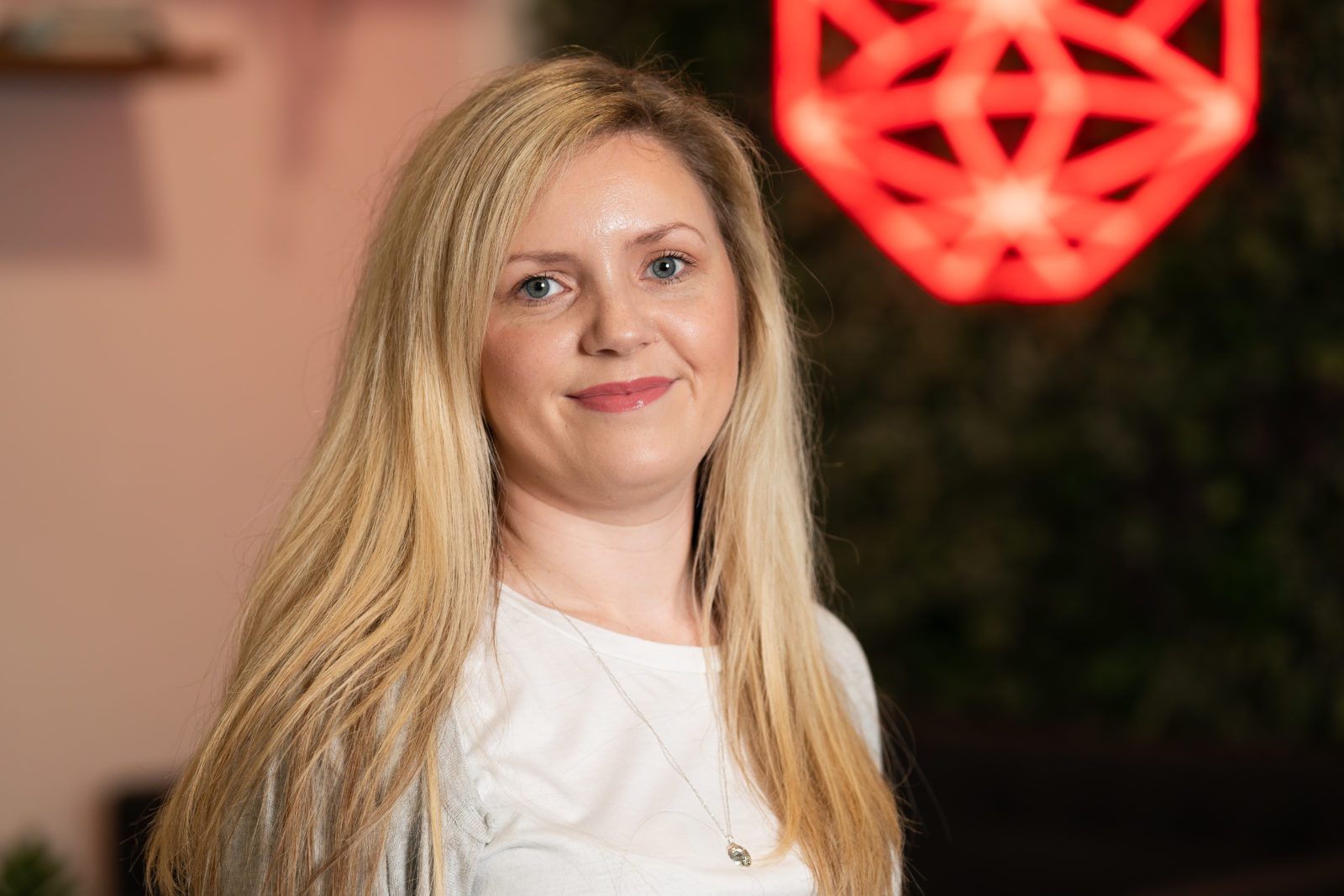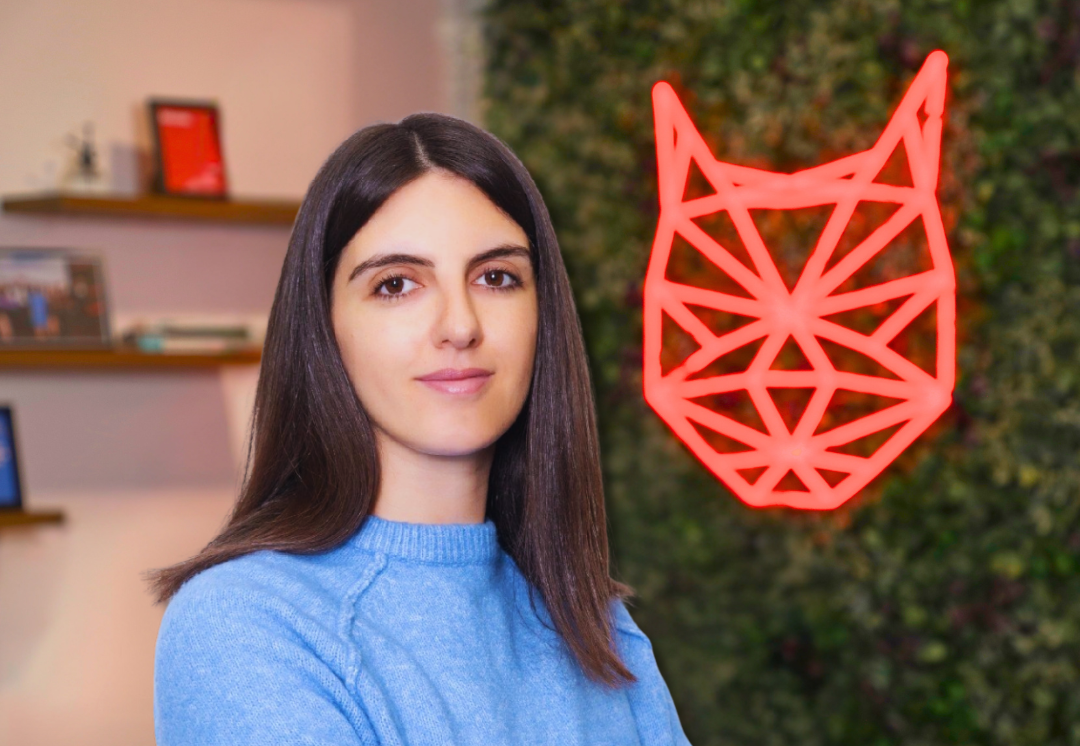Creating high-ranking content can feel like an art and a science, especially when it comes to word count. One of the big questions for content creators and marketers is whether long form content actually performs better on search engines, and helps to gain more rankings. Let’s dive right in – does longer content really rank higher?
Longer content doesn’t necessarily mean a page will rank higher on search engines, but high-quality, engaging, and useful content does, which usually happens to be long form! This is why many top-performing pages are over 1,500 words – they offer readers substantial information, answer follow-up questions, and generally better engage the reader.
Read on to learn how word count may impact rankings, if word count is a ranking factor, and finding the balance between ‘long form’ and ‘thin’ content.

It’s no secret that long content generally gains higher rankings than a concise 300-word webpage. Just Google something – right now – how many words does that page have? Generally, pages in the top 10 ranking positions are over 800+ words long, with some even being longer than that!
Plus, a study from Semrush also concluded that pages with a word count of over 1,500 are 7x more likely to rank for keywords, compared to pages with less than 500 words. You can use this as a benchmark when writing future content for your website.
Here are just a few of the reasons why longer content generally performs better from an SEO perspective:
Whilst a lot of user queries will be able to be answered in a paragraph or two, you’ll likely be competing with articles on the SERPS (search engine results page) that have answered the main query, whilst also addressing any questions that the user may want to ask next. Not only does this stop the user from needing to visit another website, or make another search to get the answer, but also better matches user intent.
If you are new to the term ‘search intent’, it can be a little tricky to get your head around. But, you can learn more in one of our recent blogs: Is Search Intent a Ranking Factor?
When you’re able to answer the query a user has, and then anticipate their next questions, and answer those two, they are more likely to stay on your webpage, and perhaps even click through to other pages on your website. The longer the user stays on your website (aka, the better dwell time they have), the more likely Google will see your content as high quality, which is a ranking factor.
In essence, the goal of your content should be to create a “one-stop” answer hub that anticipates user needs and keeps them engaged – Google sees this as a huge green flag!
Long form content enables you to thoroughly demonstrate your expertise on a topic, covering it from multiple angles and diving into related subtopics. This comprehensive approach helps establish your page (and you!) as an authority on the subject, something that Google prioritises according to E-E-A-T (Experience, Expertise, Authoritativeness, and Trustworthiness) guidelines.
Learn how to craft a page that demonstrates all the E-E-A-T factors needed to rank on Google in one of our recent article: How Do You Write E-E-A-T Content?
We’ve long moved past the days where cramming every sentence with keywords helps you to achieve rankings – you now have to be much more subtle about it. Writing longer-form content will likely provide you with more opportunities to place your main target keyword – and semantic ones, too – without sounding forced. This increases the chances of ranking for a wider set of queries.
Learn about the negative impacts of keyword stuffing in our helpful blog: Is There a Downside Of Having Too Many Keywords?

Whilst 1,500 words can act as a good benchmark for future website content, it isn’t necessarily a target. If you feel that you’ve added value to the reader, answered their main query and any other questions they might have, and you’ve successfully showcased your industry expertise, then you don’t necessarily need to reach the 1,500-word mark. Quality is always better than quantity, and you should avoid waffling for no reason as it may do more harm than good.
Although word count often correlates with higher rankings, it’s important to understand that word count itself is not an official ranking factor for search engines.
Word count is not a factor in Google’s Search Algorithm – but content quality, relevance, and authority are. And generally, these things are much easier to achieve with longer pages, as you give yourself a better chance to demonstrate these key ranking signals.
Whilst we don’t have a specific answer from search engines as to what they would class as ‘long form’ content, as SEO experts, we usually class anything over 1,000 words to be ‘long form’. But, depending on your industry, ‘long form’ content may actually be nearer the 3,000-5,000 word mark!
Remember – the optimal length depends on your niche and your audience’s expectations, so be mindful of the level of detail your readers need.
Whilst long form content gives you the best opportunity to rank, not all web pages need to reach that 1,000 word mark in order to be successful – take product pages or contact pages for example. However, you still need to avoid thin content in order to rank.
Thin content is website content that either lacks in quantity and/or quality. This means that the content doesn’t necessarily resolve the reader’s problem, meet their intent, or encourage them to convert. It is usually flagged up on tools like Screaming Frog or Sitebulb.
Learn more about how low word-count pages can impact your rankings in one of our helpful blogs: What is Thin Content and Does it Hurt SEO?

If creating high-quality long form content sounds daunting or time-consuming, Wildcat Digital is here to help. Our team specialises in crafting unique, targeted content as part of a comprehensive SEO strategy tailored to your business.
To get started, book a consultation with a member of our team, or visit our SEO page to learn more.

Founder
Our founder, Will Hitchmough, worked at a number of high profile Sheffield Digital Agencies before founding Wildcat Digital in 2018. He brings an extensive knowledge of all things related to SEO, PPC and Paid Social, as well as an expert knowledge of digital strategy.
Digital Marketing can be a minefield for many businesses, with many agencies ready to take your money without knowing how to deliver results. I founded Wildcat Digital to deliver digital success to businesses with smaller budgets in a transparent way.

Head of Growth
Rich joined us in May 2024 to head up our growth team. With years of experience helping other agencies to grow, Rich joins us at an exciting time as Wildcat is working on a five-year plan to become one of the biggest agencies in the UK.
Outside of work, Rich is a father to three children, which keeps him very busy! He’s also recently started running again to keep fit and loves a bit of DIY.

Head of Digital
Sarah joined Wildcat in January 2025, bringing over seven years of SEO expertise to the team. With a background in Fashion Communication and Promotion, she has worked both in-house and at agencies, covering a range of digital marketing specialisms before focusing on SEO.
Passionate about all things search, Sarah thrives on helping brands grow their online presence.
Outside of work, she enjoys walking her dog, running, and shopping for vintage clothing.

Office Manager
Amelia joined Wildcat Digital in January 2025, bringing extensive experience in HR, Health & Safety, Facilities Management and IT Support. Previously an Operations Manager at The University of Sheffield, she has a strong background in creating efficient and well-organized work environments.
Specialising in HR, Health & Safety, and Facilities Management, Amelia ensures the Wildcat Digital team has the resources and support needed to thrive. Whether managing office operations, maintaining compliance, or fostering a positive workplace culture, she keeps everything running smoothly.
Outside of work, Amelia loves trying new things, traveling, camping, and walking. She also enjoys socialising and exploring new places with friends and family. Her adventurous spirit and proactive approach make her a valued member of the team.

Client Success Coordinator
Siena joined us in 2023 with a background in sales and digital marketing. She leads on client relationships across the company, ensuring that our customers are happy throughout their journey with us, from their initial consultation through to onboarding and beyond.
Outside of work, Siena enjoys travelling and getting stuck into the local culture. She likes to make the most of her experiences and particularly enjoys watching sunrises and sunsets from beautiful locations around the world.

SEO Account Director
Paul has a strong background in SEO, having previously founded and ran a successful eCommerce business, as well as running a personal blog that achieves an average of 17K users per month. Paul’s knowledge of SEO is extensive, with a strong emphasis on client handling and technical SEO.
Outside of work, Paul enjoys spending time with his family and staying active with weight lifting and combat sports.

Team Lead & Technical SEO Account Manager
With a degree in Computer Science and SEO experience dating back to 2017, Dariusz has a wide range of SEO skills and knowledge. His specialist knowledge of Technical SEO has firmly landed him the title of Wildcat’s Technical Wizard, and he has recently taken on the responsibility of Team Leader for the Panthers Team.
In his spare time, Dariusz loves hiking, experimenting and trying new coffees and loves learning new things. He is currently learning more about CRO and AI and how this could benefit our clients.

Team Lead & Senior SEO Account Manager
With a background in sales, Molly is a natural Account Manager, brilliantly handling any issues that come her way. Having joined us as a Digital Marketing Executive, and working part-time through her final year of University, Molly is a shining example of how hard work pays off. She is now an SEO Account Manager with a particular interest in Content and Client Management.
In her spare time, Molly loves to get out in nature, hiking and exploring the Peak District. She also loves cooking and likes to unwind with a bit of yoga.

PPC Team Leader
Libby joined Wildcat in 2021 as our first PPC hire. With a degree in Digital Media Production, a Master’s in Digital Media Management and previous experience in Social Media Management, Libby hit the ground running and has since climbed the ranks to Senior PPC Account Manager and has a particular interest in the eCommerce sector.
Outside of work, Libby likes gaming, and cooking and likes to keep active by lifting weights.

Senior SEO Account Manager
With a degree in Film and TV production, and a varied career history, Jamie made the move to marketing with a Masters degree in Digital Media Management. He has since worked in SEO at Agencies across Sheffield, before joining Wildcat and working his way up to SEO Account Manager. Jamie has a particular interest in backlinks and Digital PR and has recently gained a client a valuable backlink from Forbes!
In his spare time, Jamie is an avid foodie and loves trying new restaurants and cuisines. He also loves to travel and spent a year travelling to Australia after university.

SEO Account Manager
Jasmine joined Wildcat in 2022 with a strong background in SEO and Account Management. At the time, she was finishing up a Level 4 Apprenticeship in Digital Marketing from the Chartered Institute of Marketing, and has since worked her way up to SEO Account Manager. Jasmine excels at content writing and promotion, and particularly enjoys finding creative ways to join the dots on multi-channel campaigns.
In her spare time, Jasmine volunteers at a charity, helping combat loneliness & social isolation experienced by older neighbours. Outside of Wildcat, she owns a catering company, Savery Grazing, creating delicious grazing tables & platters for a range of events. She also loves skiing and exploring the Peak District.

SEO Account Manager
Thea has a wealth of experience in SEO, having previously worked for other Digital Marketing Agencies in Sheffield. She has a particular interest and skills in Technical SEO, but is more than willing to get stuck in and give anything a go.
Outside of work, Thea spends most of her time with her children, but also loves reading, photography and gardening.

PPC Account Manager
Masilda joined the Wildcat team in October 2024 with over seven years of experience in digital marketing. She specialises in Google Ads, but is also certified in Google Analytics, YouTube Ads, Google Ads for Ecommerce and Apple Search Ads. She has extensive expertise in performance marketing, display advertising, online lead generation and market planning.
In her free time, Masilda likes staying active, cooking, trying new restaurants and exploring new places.

Senior SEO Executive
After spending ten years managing businesses, restaurants, cafes and event spaces across Sheffield, Jon decided to change careers and joined Wildcat as an SEO Executive in 2022. He especially enjoys the client management side of the job, helping them to understand digital marketing and ways in which they can build their business’s presence online.
Outside of work, Jon likes to keep fit with running, badminton and football, and also loves music.

Senior SEO Executive
Andy joined Wildcat in 2023 after starting his digital marketing career in-house for a local Sheffield company. Since joining, he has developed a strong interest in Technical SEO and has strong skills in Account Management.
Outside of work, Andy loves music and plays in a couple of bands. He also enjoys rock climbing, cycling, photography and good food.

Senior SEO Executive
Kezia joined us in July 2024 after completing a CIM Certificate in Digital Marketing and gaining experience in Content SEO at another Sheffield agency.
In her spare time, Kezia loves to get outdoors, bouldering, hiking and travelling.

Senior PPC Executive
Alex joined Wildcat Digital in December 2024 as a Senior PPC Executive, bringing a strong background in Paid Media, Paid Social, and Programmatic advertising. With a degree in Business & Marketing and Google Ads certifications, she has the expertise to craft high-performing campaigns that drive results.
Before joining Wildcat Digital, Alex worked at two leading agencies in Leeds, honing her skills across various digital advertising platforms. Her analytical mindset and strategic approach help businesses maximize their online presence and advertising budgets.
Outside of work, Alex enjoys spending time with her dog, Lola, and going on walks with her dog walking group. She’s also a keen footballer and loves playing five-a-side whenever she gets the chance. Her enthusiasm and team spirit make him a great addition to the Wildcat Digital team.

SEO Executive
Amy joined Wildcat in 2024 with a background in journalism, having worked as a News Editor and Editor-in-Chief at The Sheffield Tab. She is naturally interested in Content SEO and research, so will no doubt prove to be a content power-house.
In her spare time, Amy loves watching crime shows, listening to music and hanging out with her dog, Eddie!

June 30, 2025
Welcome to June’s digital marketing news roundup. There’s been major changes in both PPC and SEO, especially regarding AI. We’ll…
May 30, 2025
If you’ve ever tried searching for a local business or service, the chances are you’ve come across a Google map…

May 20, 2025
Welcome to this month’s digital marketing news roundup! As ever the digital landscape continues to transform at lightning speed, so…